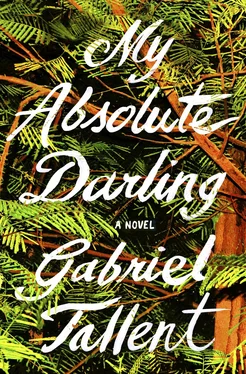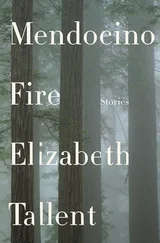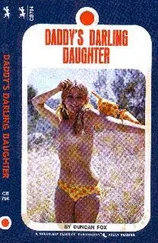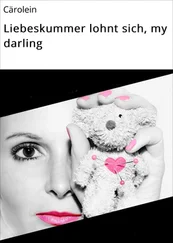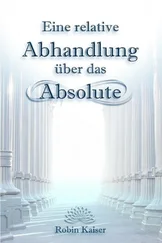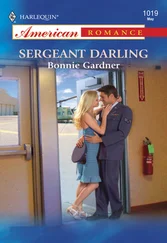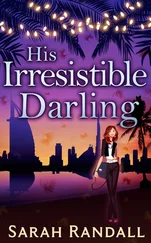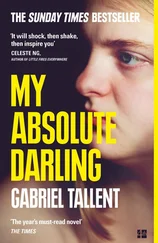“Julia,” Anna says to Turtle, “can you please spell and define ‘synecdoche’ for the class? Then please read us your sentence?”
Even though they are correcting the tests, and even though she has another girl’s test right in front of her, a girl Turtle admires in a sideways-looking and finger-chewing way, even though the word synecdoche is spelled out in the other girl’s neat script and glittery gel-ink pen, Turtle can’t do it. She begins, “S-I-N . . .” and then pauses, unable to find her way through this maze. She repeats, “S-I-N . . .”
Anna says gently, “Well, Julia—that’s a hard one, it’s synecdoche , S-Y-N-E-C-D-O-C-H-E, synecdoche . Would anyone like to tell us what it means? ”
Rilke, this other, far prettier girl, raises her hand, forming an excited O with her pink lips. “Synecdoche: a figure of speech in which the part is made to represent the whole; ‘the crown is displeased.’” She and Turtle have traded tests, so Rilke recites this from memory, without looking at Turtle’s page, because Turtle’s page is blank except for the first line: 1. Suspect. Believe. I suspect we will arrive late to the party. Turtle does not know what it means, when the part is made to represent the whole. That doesn’t make any sense to her, nor does she know what it means, the crown is displeased.
“Very good,” Anna says. “Another one of our Greek roots, the same as—”
“Oh!” And Rilke’s hand shoots up. “‘Sympathetic.’”
Turtle sits on the blue plastic chair, chewing on her knuckles, stinking of the silt from Slaughterhouse Creek, wearing a ragged T-shirt and Levi’s rolled up to show her calves, pale and swatched with dry skin. Under one fingernail, a rusty grime of synthetic motor oil. Her fingers have its prehistoric smell. She likes to massage the lubricant into the steel with her bare hands. Rilke is applying her lip gloss, having already gone down Turtle’s test with a neat little x beside each empty line, and Turtle thinks, look at this slut. Just look at this slut. Outside, the windswept field is spotted with puddles, the flooded ditch cut from the ash-colored clay, and beyond that, the forest’s edge. Turtle could walk into those woods and never be found. She has promised Martin that she will never, not again.
“Julia,” Anna says. “Julia?”
Turtle turns slowly around to look at her and waits, listening.
Anna, very gently, says, “Julia, if you could pay attention, please.”
Turtle nods.
“Thank you,” Anna says.
When the bell rings for lunch, all of the students stand up at once and Anna walks down the aisle and puts two fingers on Turtle’s desk and, smiling, holds up one finger to indicate that she needs a moment. Turtle watches the other students leave.
“So,” Anna says. She sits down on a desk and Turtle, quiet and watchful, attentive to faces, can read almost everything in her; Anna is looking Turtle up and down and thinking, I like this girl, and weighing how to make this work. It is unreasoningly strange to Turtle, who hates Anna, has never given Anna any reason to like her, does not like herself. Turtle thinks, you whore.
“So,” Anna says again, “how did you feel about that one?” Her face becomes gently questioning—biting her lip, allowing her eyebrows to climb up, wet strands of hair escaping her pony tail. She says, “Julia?” To Turtle’s north-coast ears, Anna has an accent, cool and affected. Turtle has never been south of the Navarro River, and never north of the Mattole.
“Yeah?” Turtle says. She has allowed the silence to go on too long.
“How did you feel about that one?”
“Not that good,” Turtle says.
Anna says, “Well, did you get any of the definitions?”
Turtle does not know what Anna wants from her. No, she hadn’t, and Anna must know that she hadn’t. There is only one answer to any of Anna’s questions, which is that Turtle is useless.
“No,” Turtle says, “I didn’t get any of the definitions. Or, I got the first. ‘I suspect we will arrive late to the party.’”
“Why do you think that is?” Anna says.
Turtle shakes her head—it’s beyond saying and she won’t be bullied into saying something else.
“What if,” Anna says, “you stayed in, some lunchtime, and we made flash cards together?”
“I do study,” Turtle says. “I don’t know if that would help.”
“Is there something you think would help?” Anna does this, asking questions, pretending to make a safe space, but there is no safe space.
“I’m not sure,” Turtle says. “I go over all the words with my daddy—” And here, Turtle sees Anna hesitate and she knows that she has made a mistake, because other Mendocino girls don’t use the word daddy . Mostly, they call their parents by their first name, or else Dad. Turtle goes on. “We go over them, and I think what I need is just to go over them myself a little more.”
“So just, put a little more time into it, is what you’re saying?”
“Yes,” Turtle says.
“So how do you study with your dad?” Anna says.
Turtle hesitates. She cannot sidestep the question, but she thinks, careful, careful.
“Well, we go over the words together,” Turtle says.
“For how long?” Anna says.
Turtle works at one finger with her hand, cracks the knuckle, looks up, frowning, and says, “I don’t know—an hour?”
Turtle is lying. It’s there in Anna’s face, the recognition.
“Is that true?” Anna says. “You’re studying an hour every night?”
“Well,” Turtle says.
Anna watches her.
“Most nights,” Turtle says. She has to protect the way she cleans the guns in front of the fire while Martin waits reading by the fireplace with the firelight escaping onto their faces and escaping out into the room and then being dragged hard back across the floor to the coals.
Anna says, “We’re going to need to talk it over with Martin.”
Turtle says, “Wait. I can spell ‘synecdoche.’”
“Julia, we need to talk to your dad,” Anna says.
Turtle says, “S-I-N,” and then stops, knowing that it’s wrong, that she is wrong, and she cannot for the life of her remember what comes after that. Anna is looking at her very coolly, interrogatively, and Turtle looks back, thinking, you bitch. She knows that if she protests more, if she says anything more, she will give something away.
“Okay,” Turtle says, “okay.”
After school, Turtle goes to the office and sits on a bench. The bench faces the front desk, and beyond the front desk, the administrative assistant’s desk and a short hallway to the green-painted door of the principal’s office. Behind that door, Anna is saying, “God love her, Dave, but that girl needs help, real and substantive help, more help than I can give her. I have thirty students in that class, for crying out loud.” Turtle sits cracking her knuckles, the receptionist giving her quick, uncomfortable glances over her computer. Turtle is hard of hearing, but Anna is talking in a flustered, raised voice, saying, “You think I want to talk to that man? Listen, listen—misogyny, isolation, watchfulness. Those are three big red flags. I’d like her to see a counselor, Dave. She’s a pariah, and if she goes on to high school without us addressing that, she will fall further behind . We can chase down that gap now—yes, I know we’ve been trying—but we’ve got to keep trying. And if there is something wrong—” Turtle’s guts clench. Christ, she thinks.
The receptionist racks a stack of papers sharply on the desk and walks down the hall to the door, Principal Green saying something and Anna flustered, “No one wants that? Why does no one want that? There are options is all I’m saying— Well. No. Nothing. All I’m—” And the receptionist stands at the door and knocks and slips her head into the room, saying, “Julia is here. Waiting for her dad.”
Читать дальше
Конец ознакомительного отрывка
Купить книгу
